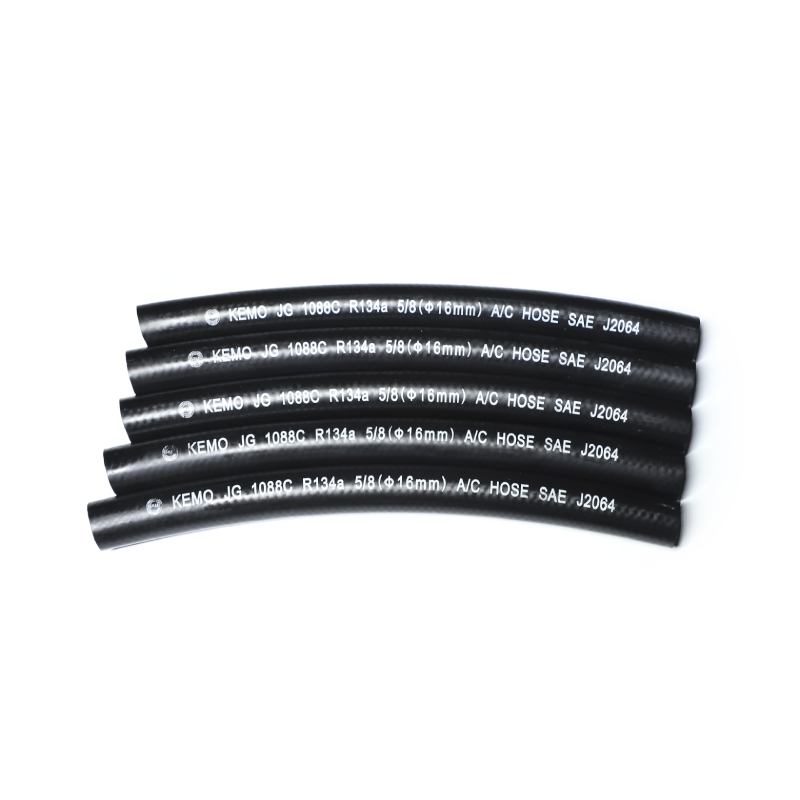soft fuel line
Nov . 21, 2024 07:55 Back to list
soft fuel line
The Significance of Soft Fuel Lines in Modern Automotive Engineering
In the ever-evolving landscape of automotive engineering, the components that connect a vehicle’s fuel delivery system are often overshadowed by more visible elements, such as engines or exhaust systems. However, the advent and integration of soft fuel lines represent a significant stride in performance, efficiency, and safety. Engineered from various flexible materials, soft fuel lines minimize the risks associated with fuel delivery while ensuring vehicles operate smoothly and effectively.
Understanding Soft Fuel Lines
Soft fuel lines are flexible tubes designed for the transportation of fuel from the tank to the engine. Unlike traditional rigid fuel lines, which are typically made of metal or hard plastic, soft fuel lines are manufactured using polymers or elastomers, offering a range of benefits. These materials allow the lines to bend and flex without the risk of cracking, breaking, or leaking, which is critical for maintaining the integrity of the automotive fuel system.
One of the most notable features of soft fuel lines is their ability to absorb vibrations and shocks. As vehicles traverse various terrains, the engine and the fuel system experience different levels of stress and movement. Soft fuel lines can adapt to these changes, ensuring that fuel flow remains consistent and reliable.
Benefits of Soft Fuel Lines
1. Flexibility and Installation Soft fuel lines are easier to install than rigid counterparts, as they can navigate tight spaces and intricate layouts within a vehicle’s structure. This flexibility not only simplifies the installation process but also reduces the need for complex routing or additional fittings that may add weight and cost.
2. Weight Reduction In an age where automotive manufacturers are focused on reducing weight to enhance fuel efficiency and performance, soft fuel lines present a significant advantage. They often weigh considerably less than traditional metal fuel lines, contributing to the overall reduction in vehicle weight.
soft fuel line

3. Resistance to Corrosion Soft fuel lines are typically resistant to corrosion, making them a durable option for fuel transport. Unlike metal lines that may deteriorate over time due to exposure to fuel and various environmental factors, soft lines maintain their structural integrity for a prolonged period, reducing the need for frequent replacements.
4. Enhanced Safety Safety is paramount in automotive design. Soft fuel lines minimize the risk of fuel leaks, which can lead to dangerous situations such as fires or explosions. Their construction allows for a secure fit that can withstand pressure changes and temperature extremes, crucial for overall vehicle safety.
5. Cost-Effectiveness While the upfront cost of soft fuel lines may vary, their durability and longevity can lead to significant cost savings over time. Reduced maintenance needs and decreased likelihood of fuel-related incidents further enhance their value.
Applications of Soft Fuel Lines
While soft fuel lines are prevalent in various automotive applications, they are particularly useful in modern vehicles that utilize complex fuel delivery systems, including fuel injection technologies. Additionally, they are essential in high-performance and racing vehicles, where every component must function flawlessly under extreme conditions.
Electric and hybrid vehicles also benefit from soft fuel lines, albeit in slightly different applications, such as coolant and other fluid transport systems. The versatility of soft fuel lines makes them a universal solution that caters to a wide range of automotive needs.
Conclusion
In conclusion, soft fuel lines may not be the most glamorous components of a vehicle, but their significance should not be overlooked. With advancements in materials technology and engineering practices, soft fuel lines have emerged as a critical element in ensuring efficient, safe, and reliable fuel delivery across a diverse range of automotive applications. As manufacturers continue to innovate and prioritize performance and safety, the role of soft fuel lines will undoubtedly grow, solidifying their place in the automotive industry of the future.
